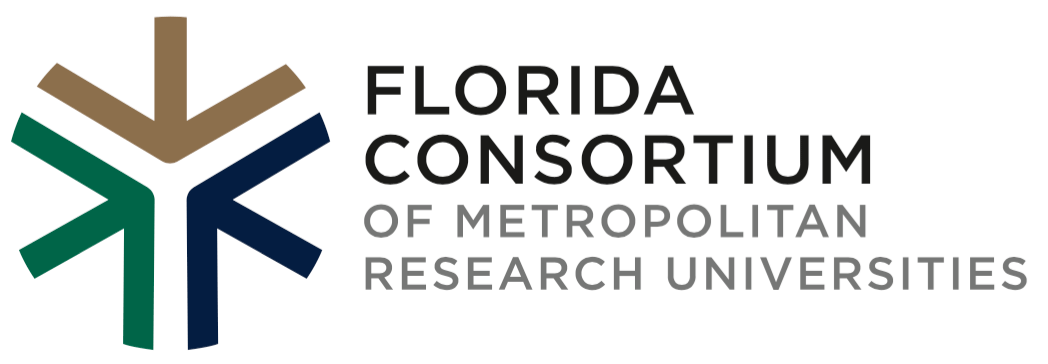Davis, CA – The annual Super Bowl was not the only thing super happening in Northern California during the week of February 5th. STEM educators from all over the country and numbering nearly 100 strong were on hand at the University of California – Davis to work together for STEM student success. The group calls them selves the Tools for Evidence-Based Action or T.E.A. and their goal is to find ways that Big Data can help students succeed through the right interventions by faculty and staff. The group is headed up by researchers at UC-Davis and is based on their work into student success predictive analytics.
The idea is simple. If faculty have a better idea of who is in need of targeted support and have the tools they need to help them then many students can find success in their STEM field of study and ultimately find career focused opportunities in a growing high-demand field. Many times the rate of success for students is not rooted in their ability but in the interventions we can incorporate to help them. Currently there is a large gap in STEM degree attainment to the tune of 1 million fewer STEM graduates than jobs available. In addition STEM is a field that routinely has a gender and ethnicity gap that needs to be addressed if the United States is going to meet the employment demand. The T.E.A. Community hopes to address that gap.
The Florida Consortium took three faculty members to the T.E.A. meeting to better understand the tools available for them and to also connect and network with other higher education networks focusing on STEM student success. One faculty member, Dr. Jennifer Lewis, a faculty member in Chemistry at the University of South Florida summed up the meeting in this way. “The conference was a positive experience. I enjoyed meeting my colleagues from UCF and FIU and talking about some of our common issues and concerns. I came away believing that we will be able to problem-solve collaboratively and make a real difference for our students.”
That collaborative solution will come in the form of the work of the Florida Consortium of Metropolitan Research Universities and their Helmsley Charitable Trust STEM grant. The focus of the Trust is to provide faculty driven solutions to common STEM student issues and failings. By intervening on a faculty level then students get the kind of academic intervention they need to succeed in the classroom. In addition the interaction fuses the student into a network of faculty and staff to serve as references and career advice partners. The work of the Florida Consortium is focused on creating an eco-system of student success.
One of the ways the Florida Consortium will accomplish this is through shared data. Consortium faculty members are already working on predictive models that include data from all three member schools. This federation of the data can help faculty better understand trends in student success that is more robust because they are multi-institutional and will track tens of thousands of students. As Dr. Leanne Wells of Florida International University described her experience: “The TEA conference was an eye-opener. The scope and functionality of the tools that are currently (and will become) available is exciting. The ability to make data so easily accessible to faculty will be a game changer in engaging faculty and departments in course transformation and instructional redesign. It was inspirational to see what UC Davis has done with the Helmsley funds.
Florida Consortium faculty will be meeting on February 12th in Tampa, Florida to further discuss their plans for STEM student success. For more information on the Florida Consortium please go to FLAConsortium.org.
